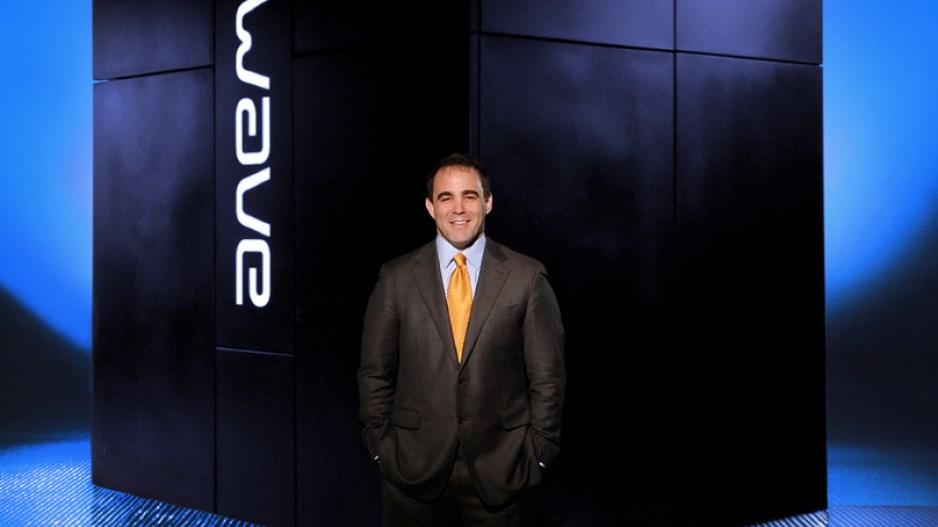Quantum computers — which use subatomic particles to process complex calculations — may seem like something out of science fiction.
Burnaby’s D-Wave Systems has built the world’s first “commercially viable” quantum computer that sells for US$15 million. So what are the chances they’ll soon be part of everyday life?
“It feels like we’re on the brink,” said computer specialist Rob Slade, who was speaking at the BSides Vancouver security tech conference March 17.
“You can make fun of me if you like but I’m willing to predict that within 10 years…most of you would now have quantum coprocessors in your laptops.”
The key words being “quantum coprocessors.” Coprocessors supplement the functions of a primary computer.
Slade, who has been examining these machines for a decade, said a full-scale quantum computer has yet to be built.
While classical computers rely on two bits — ones and zeroes — to make calculations, quantum computers rely on a qubits. Qubits posses a “superposition” that can be one and zero at the same time and calculate all possible values in a single operation.
“If you talk to people who are really, seriously pursuing quantum computers and you mention D-Wave, they get all hot and bothered, yell and stamp their feet,” Slade said.
“And my response is, ‘So what?’ We have always had coprocessors in our computers.”
He added a quantum coprocessor like the one developed by D-Wave “can’t do all possible quantum functions but it can do least-path analysis.”
A least-path algorithm finds the shortest length between two points, or else, a simple answer to a calculation.
But Slade said D-Wave’s quantum coprocessor wouldn’t be well suited for encryption purposes.
“If you have a quantum computer, the theory goes that you can have an algorithm that will do the factorization for you, trying all possible calculations and propping up the right answer,” he said, adding American mathematician Peter Shor developed a proven algorithm in the 1990s for a full-on quantum computer.
Shor’s algorithm needs a machine with 8,000 qubits. The D-Wave Two has 512 qubits.
In the absence of any “actual, full-scale quantum computers,” Slade said using D-Wave’s machines for security purposes isn’t viable — or even possible — right now.




